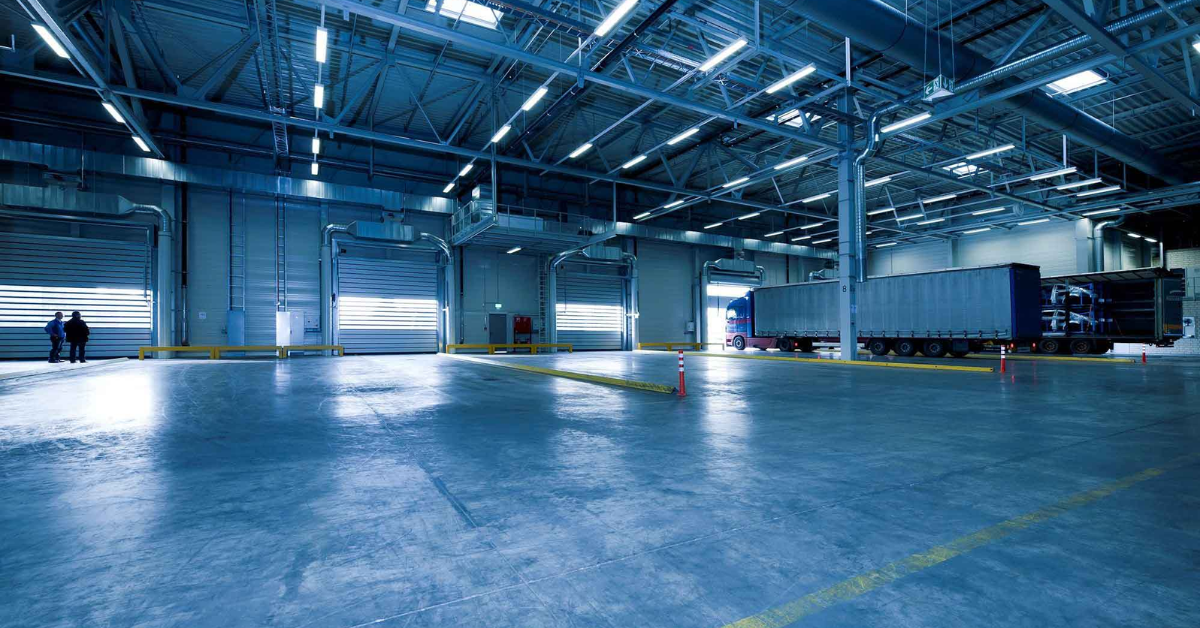Revolutionizing Agriculture: The Rise of Modern Rice Plant Machinery
Rice, being one of the most consumed staple foods in the world, plays a critical role in global food security. The traditional methods of rice processing are labor-intensive and time-consuming. As demand continues to increase, the agricultural industry has witnessed a significant transformation—thanks to the innovation in Rice Plant Machinery. Modern rice milling and processing machinery not only increases efficiency but also improves the quality and quantity of rice production. In this blog, we’ll explore the types, advantages, and technological advancements in rice plant machinery, and how it’s reshaping the rice production landscape.
What is Rice Plant Machinery?
Rice Plant Machinery refers to a suite of equipment used throughout the rice production process—from paddy cleaning to milling and packaging. These machines automate critical stages in rice production, ensuring consistency, hygiene, and high yield. This machinery is essential in: paddy cleaning and destoning, husking and whitening, grading and polishing, and packaging and storage. By integrating these processes, rice plant machinery reduces human error and increases productivity.
Importance of Rice Plant Machinery in the Modern Era
The shift from manual labor to mechanized rice processing has had a transformative impact on agriculture. Here’s why rice plant machinery is indispensable today:
Increased Efficiency
Automated machinery significantly reduces processing time. A modern rice mill can process tons of rice per hour, something that would take days if done manually.
Enhanced Quality Control
Machines are calibrated to ensure precision. This helps in uniform grain size, better polishing, and reduced breakage of rice grains.
Labor Cost Reduction
With automated machinery, dependency on labor is minimized, reducing operational costs in the long run.
Hygiene and Safety
Modern machines are made from stainless steel and other food-grade materials, maintaining hygiene standards throughout the process.
Types of Rice Plant Machinery
Each stage in rice processing requires specialized machinery. Below are the major categories:
Pre-Cleaning Machines
These remove unwanted materials such as dust, straw, and stones from the paddy. Pre-cleaning ensures the rice grains are not damaged during milling. Key machines include vibratory cleaning sieves and destoners.
Dehusking Machines
These machines separate the husk from the rice grain. Advanced models maintain high efficiency with minimal grain breakage. Common machines include rubber roll shellers and husk aspirators.
Paddy Separators
These are used to separate brown rice from unhusked paddy after the dehusking process.
Whitening and Polishing Machines
These machines remove bran layers and polish the rice to give it a shiny, appealing look. Common models include vertical whitening machines and mist polishers.
Grading Machines
After polishing, rice is sorted based on size and quality using grading machines. These ensure uniformity in the final product.
Color Sorters
These advanced machines use optical sensors to detect and remove discolored or defective grains.
Packing Machines
Once sorted and polished, rice is packed using automated packing machines, ensuring sealed, accurate, and tamper-proof packaging.
Benefits of Investing in Advanced Rice Plant Machinery
Scalability
Modern rice machinery can be scaled easily to meet market demands, making it ideal for both small-scale and large-scale operations.
Precision Engineering
Most advanced machinery comes with digital controls and automation features, allowing for consistent results every time.
Customization
Depending on your specific business needs, rice plant machinery can be customized to handle different grain types, volumes, and quality standards.
Low Maintenance
Innovative machinery is designed with durability in mind, requiring minimal maintenance and reducing downtime.
Sustainable Practices
Many machines are energy-efficient and designed to reduce waste, making them an environmentally responsible choice.
Choosing the Right Rice Plant Machinery
When selecting rice plant machinery for your operation, consider the following:
Capacity Needs
Assess your daily processing requirements to choose machines that align with your business goals.
Technology Integration
Look for machines that offer automation, digital monitoring, and easy integration into existing systems.
Supplier Credibility
Work with established suppliers who offer robust customer support, warranty options, and post-installation services.
Budget Constraints
Balance between your budget and machinery efficiency. While initial investment may be high, long-term ROI justifies the cost.
Why Ricetec Machinery Is a Trusted Name in the Industry
With years of experience and a focus on innovation, Ricetec Machinery has become a leading name in the rice processing equipment industry. Their range of high-performance machines is known for cutting-edge technology, robust build quality, customizable solutions, and exceptional after-sales support. Whether you are a startup rice mill or an established producer, Ricetec’s machinery can be tailored to suit your unique production goals.
Maintenance Tips for Rice Plant Machinery
Proper maintenance ensures longevity and consistent performance of rice plant machinery. Here are some basic tips:
Regular Cleaning: Dust and residue can accumulate, affecting machine performance. Clean regularly.
Lubrication: Keep all moving parts lubricated as per the manufacturer’s instructions.
Routine Inspections: Periodic checks help in identifying wear and tear before they turn into major issues.
Spare Parts: Keep essential spare parts in stock to avoid downtime during breakdowns.
Future Trends in Rice Plant Machinery
The rice processing industry is witnessing rapid technological advancements. Here are some trends shaping its future:
Smart Automation
AI-powered machines that adjust themselves based on grain type and condition are gaining traction.
IoT Integration
With IoT-enabled devices, operators can monitor machine health, performance metrics, and production data in real time.
Eco-Friendly Design
Sustainability is becoming a priority, with machines designed to consume less energy and produce minimal waste.
Mobile Rice Mills
Portable machinery that can be taken to farms is becoming popular in remote or rural areas.
Frequently Asked Questions (FAQ)
What is rice plant machinery used for?
Rice plant machinery is used for processing paddy into polished rice through various stages like cleaning, dehusking, polishing, grading, and packing.
How do I choose the right rice plant machinery for my business?
Consider factors like production capacity, automation features, budget, and supplier reliability before making a decision.
Is automated rice machinery cost-effective?
Yes, while the initial investment may be higher, automated machinery reduces labor costs, increases productivity, and ensures consistent quality, leading to higher profitability.
How often should I maintain my rice plant machinery?
Routine maintenance is recommended monthly, with daily checks on critical components. Follow manufacturer guidelines for the best results.
Can Ricetec Machinery provide custom solutions?
Yes, Ricetec Machinery specializes in customizable rice processing equipment tailored to individual business requirements.
Conclusion
The evolution of rice plant machinery has marked a new era in rice production, helping millers enhance efficiency, maintain quality, and meet increasing market demand. Investing in the right equipment is no longer a luxury but a necessity for staying competitive in the agricultural sector. As one of the trusted leaders in the industry, Ricetec Machinery continues to drive innovation, setting new standards for rice milling excellence. Whether you’re upgrading your current setup or starting fresh, modern rice plant machinery is the key to future-proofing your business.







